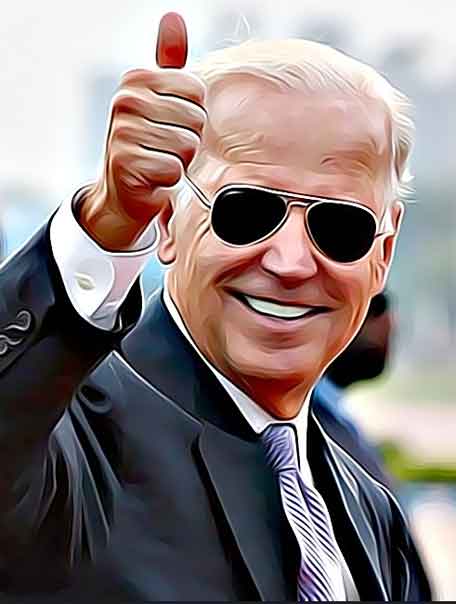
Biden's support, in fact, is now larger than that of the next four candidates combined.
Why? In part because he draws relatively uncontested support from more moderate Democrats while other leading Democrats - including Sanders, Sen. Elizabeth Warren, D-Mass., and South Bend, Indiana, Mayor Pete Buttigieg - are competing more among liberal Democrats. Among liberals, too, though, Biden has a lead.
He has much bigger leads among nonwhite Democrats (and Democratic-leaning independents) and among those without a college degree than with whites and the college-educated - groups that make up more of Buttigieg's base of support.
There's an inherent advantage in being a more moderate Democrat, particularly in a field saturated with more liberal ones. CNN asked respondents what qualities were most important in deciding whom to support in the primary, and there was significantly more support for a candidate willing to cross the aisle than one who held more progressive positions.
But, look: It's early. It's a trite observation and one with which you're familiar. But it's true, and things change. At this point in 2007, Rudy Giuliani was up 12 points in the Republican primary contest. Hillary Clinton was up nine points.
Why didn't they win their parties' nominations in 2008? Because people's opinions shifted, as the results of a Post-ABC News poll published over the weekend attests.
Among those with an opinion in the 2020 race, Biden led in the poll, with Sanders and Buttigieg trailing.
The poll, though, allowed people to offer whatever response they wanted (which is why Michelle Obama and Hillary Clinton got support). It also allowed people to say they had not yet identified a candidate to support.
If "no preference" were a candidate, it would be winning the nomination contest by a mile.
CNN's poll asked a related question: How likely were respondents to change their minds? About two-thirds said they might do so.
Of those who said they would not change their minds, about half were committed to Biden. A fifth were committed to Sanders, and about 1 in 10 were committed to Warren.
If Biden does hold on to about a fifth of the Democratic electorate over the long term, that's probably good news for his nomination effort. In a field nearing two dozen candidates, locking up one-fifth of all the votes pretty much guarantees winning or contending in most early primary contests. It's the Trump 2016 path: Build a core of support and use it to wait out most opponents.
But as HuffPost's Ariel Edwards-Levy pointed out on Monday, people's certainty should be taken with a grain of salt. In May 2015, a Fox News poll found that 6 in 10 Republicans said they would never vote for Donald Trump in the party's primaries in 2016. It didn't turn out that way. But in May 2015, Trump wasn't even a candidate yet.
Again: Things can change.
Every weekday JewishWorldReview.com publishes what many in the media and Washington consider "must-reading". Sign up for the daily JWR update. It's free. Just click here.
(COMMENT, BELOW)


 Contact The Editor
Contact The Editor
 Articles By This Author
Articles By This Author